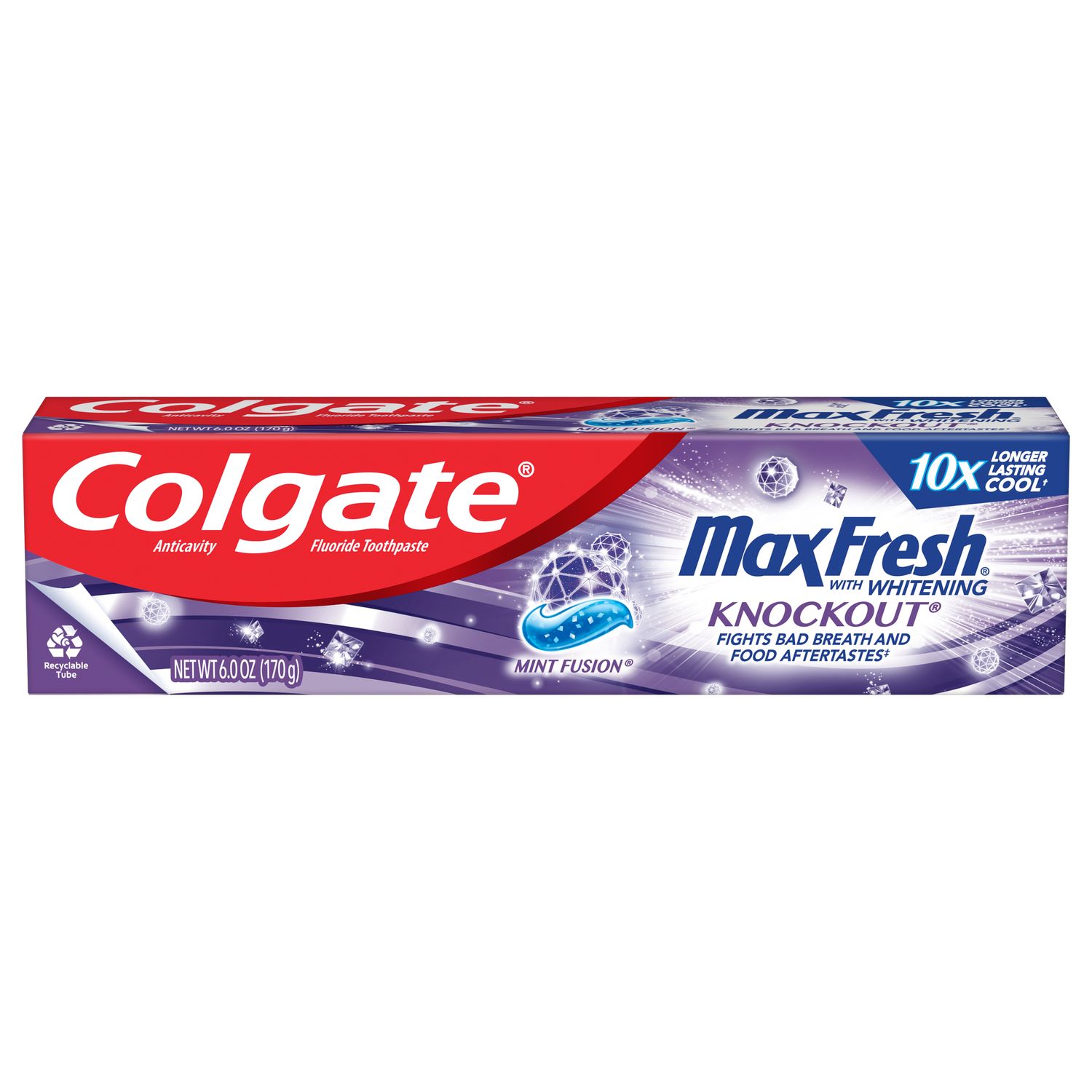What Is Halitosis?
Halitosis is the medical term for bad breath. It’s typically a result of certain lifestyle or hygiene habits, or a symptom of another condition – dental or medical. In most cases, halitosis is nothing to worry about from a health perspective, but we know that it can still make people feel self-conscious and embarrassed. So let’s discuss some possible causes and halitosis treatments that may help.
What Causes Halitosis?
The most common cause of halitosis is poor oral hygiene. Bacteria in the mouth break down and feed on the food we eat, which can create unpleasant-smelling byproducts like volatile sulfur compounds (VSCs). When we don’t brush and floss this food debris and bacteria away on a regular basis, the odor can intensify.
Byproducts from food breakdown also find their way into the bloodstream, where they can be removed and exhaled by the lungs. That’s why particularly strong-smelling foods like onion and garlic seem to stay on your breath long after you’ve eaten them.
Other causes of halitosis include:
- Gum disease.
- Tooth decay.
- Smoking and tobacco use.
- Coffee.
- Alcohol.
- Dry mouth.
- Dehydration.
- Acid reflux.
- Respiratory problems.
- Nose, throat or sinus infections.
- Chronic stomach conditions.
- Diabetes.
How is Halitosis Treated?
The best halitosis treatment for you depends on the underlying cause. As poor oral hygiene is the most common cause, that’s the best place to start! See the next section for advice on how to step up your oral hygiene routine.
If you haven’t been for a routine dental check-up and professional cleaning in a while, the next step is to book in. Your dentist or hygienist will clean away any bacterial plaque and tartar that could be causing your bad breath, and will be able to check for other conditions like tooth decay or gum disease. Treating these conditions can make a huge difference to your breath, not to mention your overall oral health.
Your dentist or hygienist will no doubt advise you to keep sugary foods to a minimum to treat halitosis. That’s because odor-causing bacteria thrive on sugar. Try to load up on crunchy fruits and veggies instead; they scrub away plaque and bacteria, and they stimulate saliva flow to wash them away.
If your oral health and hygiene are in tip-top shape, it’s time to look at any medical causes. If you take medications, or you could have a condition that contributes to bad breath, discuss it with your physician and ask for their recommendation on the best halitosis treatment.
Finally, quitting smoking or tobacco use is a very effective way to improve your breath. Not only do the chemicals in tobacco products have a foul odor of their own, they irritate the gum tissue and create ideal conditions for harmful bacteria to thrive. If you’re struggling to quit, ask your dentist or physician for advice.
Oral Hygiene Tips for Treating Halitosis
Fresh breath starts at home! No matter the cause of your halitosis, a solid oral hygiene routine can go a long way towards improving your breath, your confidence, and your overall oral health. Here are our expert tips for fresh breath:
- Start with the basics – brushing twice a day with a fluoride toothpaste, for two minutes at a time.
- Use a soft-bristled toothbrush and choose a design that reaches every area of your mouth. For example, if you have crowded or crooked teeth, you may need a brush with a small head and a multi-length bristle pattern to clean hard-to-reach areas.
- Pay special attention to where the gums and the teeth meet. Bacteria in this area can cause inflammation and lead to gum disease.
- Floss between your teeth every day to remove bacteria and plaque from these hard-to-reach spaces. If you’re not a fan of flossing, choose another interdental cleaner that works for you, like a water flosser or floss picks.
- Brush your tongue and/or use a tongue scraper, too. Lots of odor-causing bacteria live on the surface of the tongue, especially at the back.
- Rinse once a day with an antibacterial mouthwash. Not only will this help to mask odors and refresh your breath, it will also reduce levels of odor-causing bacteria and wash away any food debris.
Halitosis can be unpleasant, but luckily, there are lots of effective halitosis treatments you can try at home today. If the problem persists, though, don’t hesitate to ask your dentist, hygienist or physician for help. By working with you on the underlying causes, they can help get your fresh breath back in no time!
This article is intended to promote understanding of and knowledge about general oral health topics. It is not intended to be a substitute for professional advice, diagnosis or treatment. Always seek the advice of your dentist or other qualified healthcare provider with any questions you may have regarding a medical condition or treatment.
ORAL HEALTH QUIZ
What's behind your smile?
Take our Oral Health assessment to get the most from your oral care routine
ORAL HEALTH QUIZ
What's behind your smile?
Take our Oral Health assessment to get the most from your oral care routine















